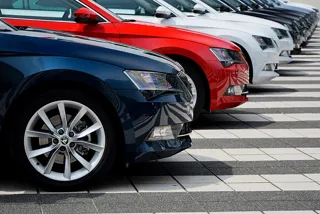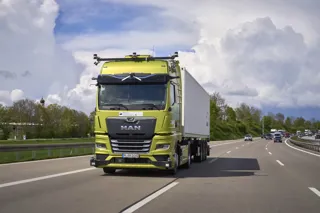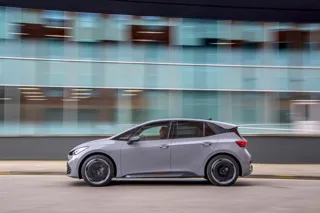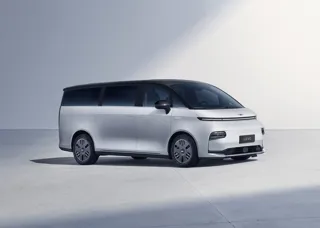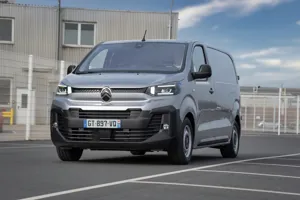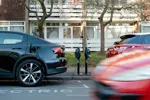VAT cut on public chargers and EV grants ruled out
The Government has responded to recommendations in a House of Lords electric vehicle report, which includes a pledge to keep company car tax low.
Tax and Legislation
21 Apr
Features and analysis

Five simple ways to control and cut fleet fuel costs
In the face of consistently high pump prices, fleet industry experts share their views on the best ways to control and cut your organisation’s fuel spend.
Fleet procurement
19 Apr
Electric Fleet
Events
Car, van and truck reviews
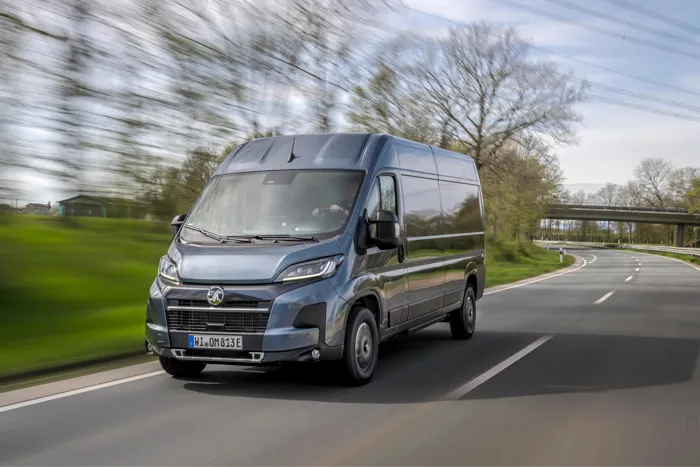
Vauxhall Movano and Movano Electric review
The Vauxhall Movano moves onto a shared Stellantis platform in its latest generation.
22 Apr





